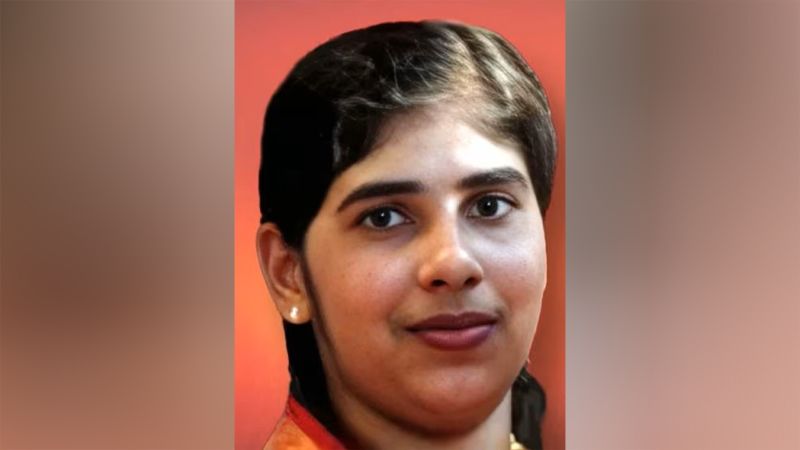Relatives of Indian nurse Nimisha Priya, sentenced to death in war-torn Yemen, are urgently working to commute her sentence as her execution date approaches. Priya, convicted for the murder of her former business partner, a Yemeni national, faces execution on March 6, 2024. Her case has drawn significant attention in India, prompting widespread media coverage and calls for intervention from human rights organizations.
Priya was sentenced in 2020 after the body of her business partner was found in a water tank in 2017. Her family maintains that she acted in self-defense against an abusive partner who withheld her passport during the ongoing civil war in Yemen. The trial, held in Arabic, did not provide her with necessary translation services, raising concerns about the fairness of the judicial process.
International Advocacy and Legal Challenges
As her execution looms, Amnesty International has urged the Houthi authorities to place an immediate moratorium on all executions, describing the death penalty as “the ultimate cruel, inhuman and degrading punishment.” The organization has called for the commutation of Priya’s sentence as an essential first step. Samuel Joseph, a social worker assisting her family, emphasized the importance of clemency, stating that under Yemen’s Islamic laws, the victim’s family could pardon Priya in exchange for “diyah,” or blood money.
Joseph expressed optimism about the ongoing efforts, noting that the Indian government is involved in advocating for her release. “I’m spearheading the efforts here, and by god’s grace, we got people who are helping,” he said.
Efforts to negotiate with the victim’s family have faced numerous challenges, including the absence of an Indian diplomatic mission in Yemen. Rafeek Ravuthar, an activist with the Save Nimisha Priya Action Council, highlighted the difficulties in communications and legal support. Approximately 5 million rupees (nearly $58,000) have been raised to assist in her case.
A Personal and Political Struggle
Priya’s journey to Yemen began in 2008, when she joined over two million people from Kerala seeking better opportunities in the Middle East. Initially working as a nurse, she aspired to open her own clinic, a dream that became increasingly difficult amid the escalating conflict. Following the Houthi takeover of the capital in 2014 and the outbreak of civil war in 2015, the security situation deteriorated, forcing many expatriates to evacuate. Priya, however, chose to stay, determined to uphold her business and support her family.
The absence of formal diplomatic relations between India and the Houthi-controlled areas complicates the situation further. Indian diplomatic affairs concerning Yemen are managed through the embassy in Djibouti, across the Red Sea, creating significant barriers for her family and supporters in accessing legal aid and protection.
Priya’s mother, a domestic laborer from Kerala, has been in Yemen for over a year, having sold her home to cover legal expenses. Her husband, Tomy Thomas, and their daughter remain in Kerala, holding onto hope for her release. “My wife is very good; she is very loving,” Thomas stated. “That is the sole reason I am with her, supporting her and will do so till the end.”
Political figures from Kerala, including Chief Minister Pinarayi Vijayan, have reached out to Indian Prime Minister Narendra Modi for intervention. “This is a case deserving sympathy,” Vijayan wrote, urging Modi to take action.
The situation is critical, with Yemen among the top five countries globally for executions in 2024, according to Amnesty International. The organization confirmed that the Houthis executed at least one individual in areas under their control this year, raising fears for Priya’s fate.
As her family continues to fight for her freedom, the international community watches closely, hoping for a resolution that prioritizes justice and human rights.






































































